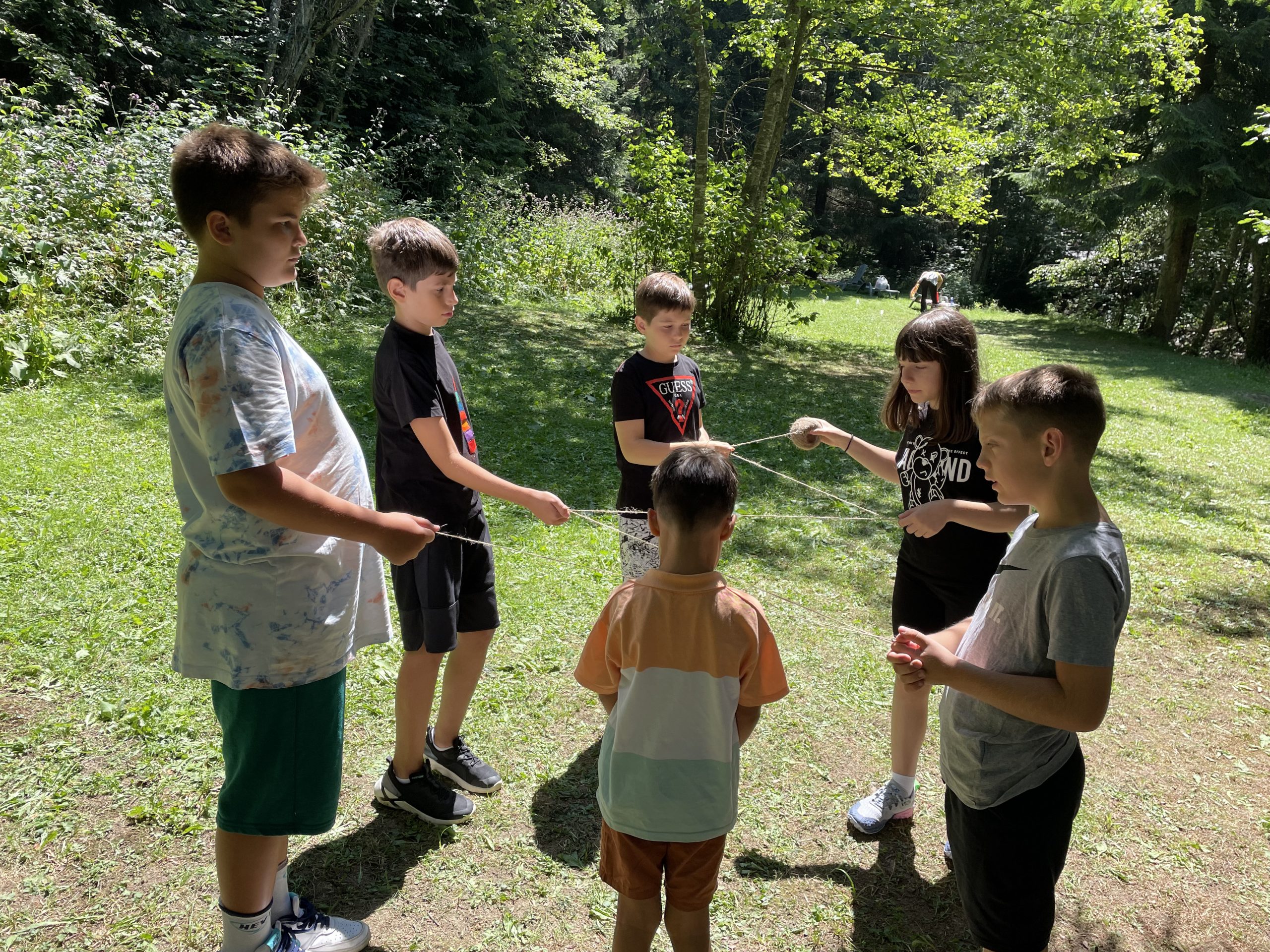
How do we talk to children about failure?
Failure is a very important lesson in human growth and is inevitable. If children do not learn how to tolerate failure, they can be vulnerable to anxiety and stress, which often leads to emotional reactions that are difficult to control. Also, when they do not understand the educational role of failure and encounter changes in plan or obstacles, they may be tempted to give up altogether.
The skills needed to deal with failure are a crucial part of success. If we accept failure in children's lives and support them to become the best version of themselves, we automatically help them build social and emotional qualities that last a lifetime – perseverance, positive self-image, self-confidence, self-control, problem-solving thinking, self-reliance, focus and patience.
Failure is a part of our lives, and if children have the opportunity to fail or make mistakes, the effects will be felt on their personality structure.
Failure should be seen as an opportunity to help children be more resilient. After a failure, the child can be overwhelmed with emotions, disappointed and demotivated, and these feelings are natural and natural. However, we need to talk to the little ones and help them understand what went well, what could be improved and what they would do differently if they were to start the process from the beginning, in order to be successful. Set goals that, outline a plan together.
Failure is an important part of the learning process, and children could make friends with mistakes if they understood that each of us is unique and has different qualities, talents and passions. Without error there is no evolution. Every mistake we make is a learning experience, and every success we achieve is built on a foundation of mistakes and corrections. When we fail, we gain experience and it is essential to share these things with the little ones.
Perseverance plays a key role and eventually the child will achieve the desired results. Most of the time, examples are essential, so children understand that everyone fails, even the greatest entrepreneurs.
Give them a story about a time when a famous person encountered failure and later, through perseverance and courage, achieved success (an example of this: the LEGO story).
Allowing children the freedom to fail does not come naturally to most parents. We tend to want to step in and fix things, but if we step back and let them stumble every now and then, encouraging their efforts, we'll actually help them develop a growth mindset.
Dr. Carol Dweck, researcher and author of the book Mindset: The New Psychology of Success (Dweck, 2006) discusses children who actually seem to love failure because it provides them with new opportunities for development. Part of the human experience is learning from the things that challenge us. If we want to truly succeed in the important things in our lives, like our careers and relationships, we need to experience from a young age what it's like to fail. We must know that the initial failure is not the end of the journey. Failure at an early stage in our endeavors can teach us important lessons that ultimately lead to incredible success.
"I failed over and over and over in my life and that's why I succeeded." – Michael Jordan
Michael Jordan, one of the world's greatest athletes, discussed the importance of perseverance and resilience, both on and off the court. His legendary accomplishments and hard work made him one of the most influential basketball players of all time. Is a champion born? Not. He chose to put in the effort and work tirelessly to achieve his goals. He accepted failure as part of his journey.
Make failure a learning moment. When a child fails, there is a great opportunity for parents to teach critical thinking skills such as problem solving, self-regulation, and open-mindedness. Try to help your child figure out what could be done next time for potential success.
*Article written by Veronica Dunga, KEN Academy trainer.
